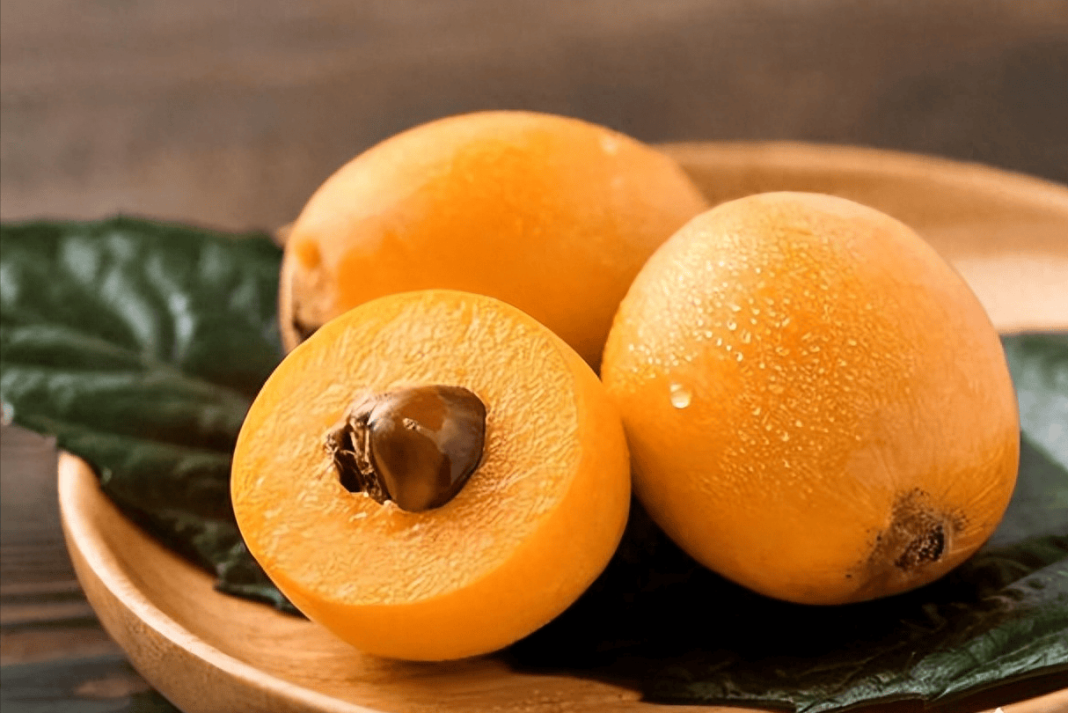Prior to reading this article, we sincerely invite you to click “Follow”. This will not only facilitate your discussions and sharing but also provide you with more professional health knowledge, ensuring the health protection you need. Thank you for your support.
“What did you say? People with diabetes cannot eat loquats?” When Qin Dagu heard this sentence while chatting with his neighbor in the community garden, he felt a mix of emotions.
At 54 years old, having had diabetes for several years, he has always been cautious about his diet, but the issue of loquats had not crossed his mind. Qin Dagu is a taxi driver, spending all day in his car, being quite indiscriminate about what he eats.
However, upon hearing his neighbor’s words this time, he began to feel uneasy. Qin Dagu decided to go to the hospital for a check-up and consult a doctor about whether diabetes patients can eat loquats.
At the hospital, Qin Dagu met Dr. Xiang, a young endocrinologist who was talented and loved to crack jokes. Upon hearing Qin Dagu’s question, Dr. Xiang chuckled and said, “Dagu, this is quite serious, we should discuss this matter carefully.”
Dr. Xiang took out a bunch of materials and began to explain to Qin Dagu in detail: “Loquats are sweet and cooling in nature, a good choice for most people. But for diabetes patients, it needs more consideration. Loquats contain high levels of fruit sugar and glucose, especially when consumed in large quantities, these sugars are rapidly absorbed, leading to a quick increase in blood sugar levels.”
Dr. Xiang also highlighted: “It’s not only loquats; any fruit high in sugar should be consumed in moderation by diabetes patients. Dagu, you must remember, controlling portion size is key.”
Qin Dagu nodded, finally understanding that the key lies in controlling the amount consumed, rather than a complete avoidance. He also asked Dr. Xiang about several other fruits, wanting to learn more about the dietary considerations for diabetes patients.
Dr. Xiang’s words made Qin Dagu feel that this hospital visit was not in vain; he had learned a lot. He decided to go back and properly organize his eating habits because one’s health is the foundation for everything! This check-up also served as a reminder for him; even if he felt his health was good, regular examinations are still necessary to know one’s physical condition.
Driving his taxi back home, Qin Dagu was already planning the evening’s menu in his mind. He deliberately took a detour to the supermarket to buy some low-sugar fruits recommended by the doctor.
In the fruit section of the supermarket, Qin Dagu looked at the variety of fruits, recalling Dr. Xiang’s advice, and felt assured, “Controlling portion size, I can still enjoy some good fruits!” After receiving an explanation about loquats, he specifically consulted Dr. Xiang on which fruits diabetes patients should avoid.
Although fructose is naturally sourced, many might think it’s okay to consume without consequences. However, the metabolism of fructose and glucose is quite different; it is primarily processed in the liver, which is not good for the liver in excessive amounts and can lead to fluctuating blood sugar levels.
Dr. Xiang emphasized on several fruits with high fructose content, such as mangoes, cherries, pineapples, and grapes, which should be consumed sparingly. For example, mangoes, while nutritious, can contain as much as 45 grams of sugar in a medium-sized fruit if not careful.
Cherries, despite their small size, can contain as much as 18 grams of sugar in a cup. Pineapples and grapes are no different; although seemingly harmless, they also have moderate sugar content and can be challenging for diabetes patients if consumed excessively. Therefore, Dr. Xiang advised that while these fruits are good, portion control is crucial, especially for patients like Dagu.
After discussing fruits that diabetes patients should avoid, Dr. Xiang went on to detail some suitable fruits for diabetes patients, which are not only nutrient-rich but also have a relatively smaller impact on blood sugar levels.
Firstly, Dr. Xiang recommended blackberries and strawberries. The advantages of these two fruits lie in their low sugar content and high fiber. The antioxidants in blackberries and strawberries are also abundant, which can help reduce inflammation, an additional benefit not to be overlooked by diabetes patients.
Secondly, Dr. Xiang mentioned apples and pears. These two fruits are rich in dietary fiber and vitamins, especially pectin in apples, which is very beneficial for intestinal health regulation.
Moreover, the sugar content in apples and pears is mostly in a slow-digesting form, preventing a rapid increase in blood sugar. Following that, Dr. Xiang specifically recommended oranges. While oranges taste sweet, their sugar content is relatively low, rich in vitamin C and fiber, essential for maintaining the health of diabetes patients.
The natural sugar in oranges primarily comes from fructose, evenly distributed, preventing a sharp rise in blood sugar. Dr. Xiang also emphasized the importance of overall dietary balance, suggesting that Dagu incorporate these fruits into his daily diet to enrich nutrition while managing blood sugar levels.
Qin Dagu deeply understood that even as a diabetes patient, he has multiple choices to enjoy a healthy dietary life. He thanked Dr. Xiang for his professional guidance and decided to pay more attention to his food choices and blood sugar management in his daily life.
(The names mentioned above are pseudonyms)
What are your thoughts on diabetes patients? Feel free to discuss in the comments section!


